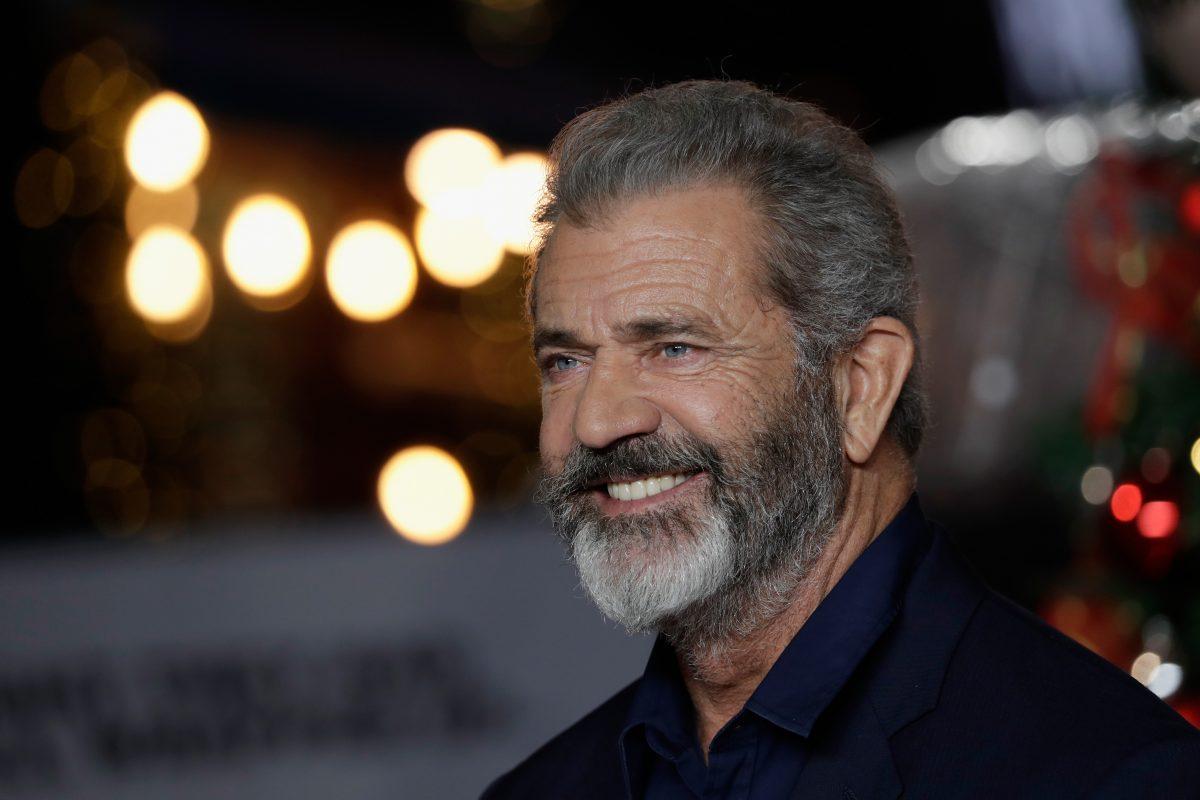Trump Appoints Jon Voight, Mel Gibson, and Sylvester Stallone as Special Envoys to Revive Hollywood’s ‘Golden Age’
According to Trump, the three envoys will act as his ‘eyes and ears’ in Hollywood, offering advice on methods to rejuvenate the entertainment sector.
President-elect Donald Trump has revealed that three legendary actors—Jon Voight, Mel Gibson, and Sylvester Stallone—will take on the role of his special envoys to Hollywood, signaling his goal to reinvigorate America’s film industry and reclaim its stature on the global stage.
“They will serve as Special Envoys to help bring Hollywood, which has seen a significant reduction in business over the last four years due to foreign competition, BACK—BIGGER, BETTER, AND STRONGER THAN EVER!”
Trump emphasized that the three envoys will function as his “eyes and ears” in Hollywood, providing guidance on strategies to revive the entertainment industry and restore its former excellence.
“It will once again be, reminiscent of The United States of America itself, The Golden Age of Hollywood!” Trump expressed.

President Donald Trump (R) honors actor Jon Voight with the National Medal of Arts during a ceremony in the East Room of the White House in Washington on Nov. 21, 2019. Mark Wilson/Getty Images
Mel Gibson, a two-time Academy Award-winning actor and director, has frequently advocated for traditional storytelling within the industry. Gibson has criticized Hollywood for straying from its foundational roots and has endorsed Trump in the electoral process. In a recent podcast appearance with Joe Rogan, Gibson lamented the state of southern California, calling San Francisco an “apocalyptic” disaster.

Mel Gibson at the UK Premiere of “Daddy’s Home 2” at Vue West End in London on Nov. 16, 2017. John Phillips/Getty Images
Sylvester Stallone, renowned for his roles in the Rocky and Rambo series, stands as a supporter of the president-elect. Following Trump’s election victory, Stallone likened him to President George Washington, projecting that Trump’s presidency will be transformative for the world.

Sylvester Stallone attends the Warner Bros. premiere of “The Suicide Squad” at Regency Village Theatre in Los Angeles on Aug. 2, 2021. Matt Winkelmeyer/Getty Images
Recently, Hollywood’s creative freedoms and ethical standards have come under fire, raising concerns over how much foreign entities, particularly the Chinese Communist Party (CCP), have influenced its output.
While Trump has yet to articulate his plan for revitalizing Hollywood, he has been openly critical of the CCP and its impacts on America.





